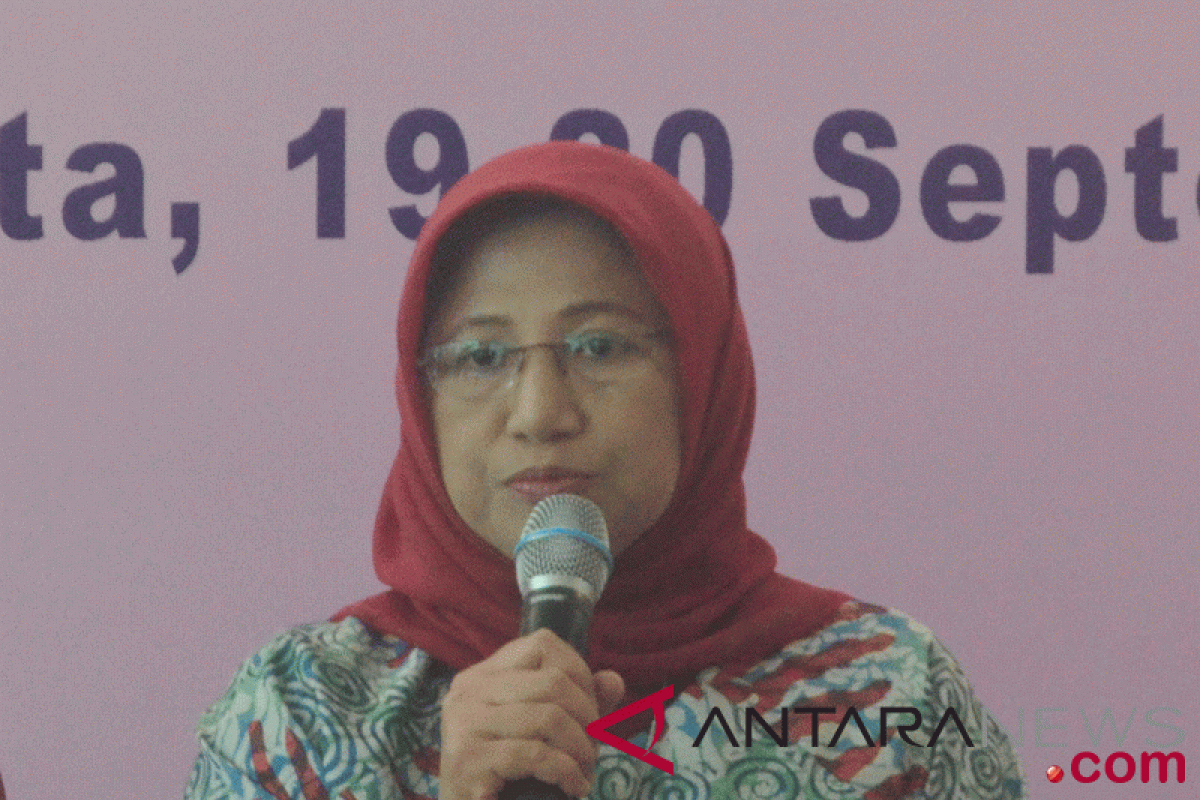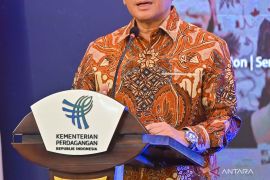Pritasari noted in a press statement here on Monday that the prevalence of non-infectious diseases continued to increase from year to year, thereby necessitating an intensification in preventive efforts.
"Medical services need to be directed to the efforts focusing on health promotion and disease prevention," she remarked.
At a national conference on the Promotion of Health at Hospitals, Health Minister Nila Moeloek had urged hospital operators to make additional efforts in terms of health promotion and disease prevention.
"Hospitals are expected to share a common commitment to conduct concerted and continuous health promotions that are expected to serve as the drivers of health service reorientation," the minister affirmed.
According to Health Minister`s Regulation No. 44 of 2018, hospitals are required to conduct hospital health promotion based on the principles of a healthy paradigm, equality, independence, integration, and continuity.
Hospital health promotion must cover aspects of applying health promotion regulations and conducting health promotion assessments for patients and their families, hospital human resources, hospital visitors, and communities around the hospital. In addition, hospitals carry out health promotion interventions and monitor health promotion evaluations.
Thalassemia is a non-communicable disease whose occurrence is expected to increase significantly if no promotional and preventive measures are taken.
Pediatrician Dr Pustika Amalia from the Hematology and Oncology Division of the RSCM General Hospital remarked that the number of thalassemia patients can increase to 25 thousand in 2020, from some nine thousand sufferers currently.
Until now, thalassemia is ranked fifth based on the huge financing cost at the Social Security for Health Management Agency (BPJS Kesehatan), at a nominal Rp1.8 trillion from 2014 to 2017.
Reporting by Aditya Ramadhan
Editing by Andi Abdussalam
Reporter: ANTARA
Editor: Bustanuddin
Copyright © ANTARA 2018












